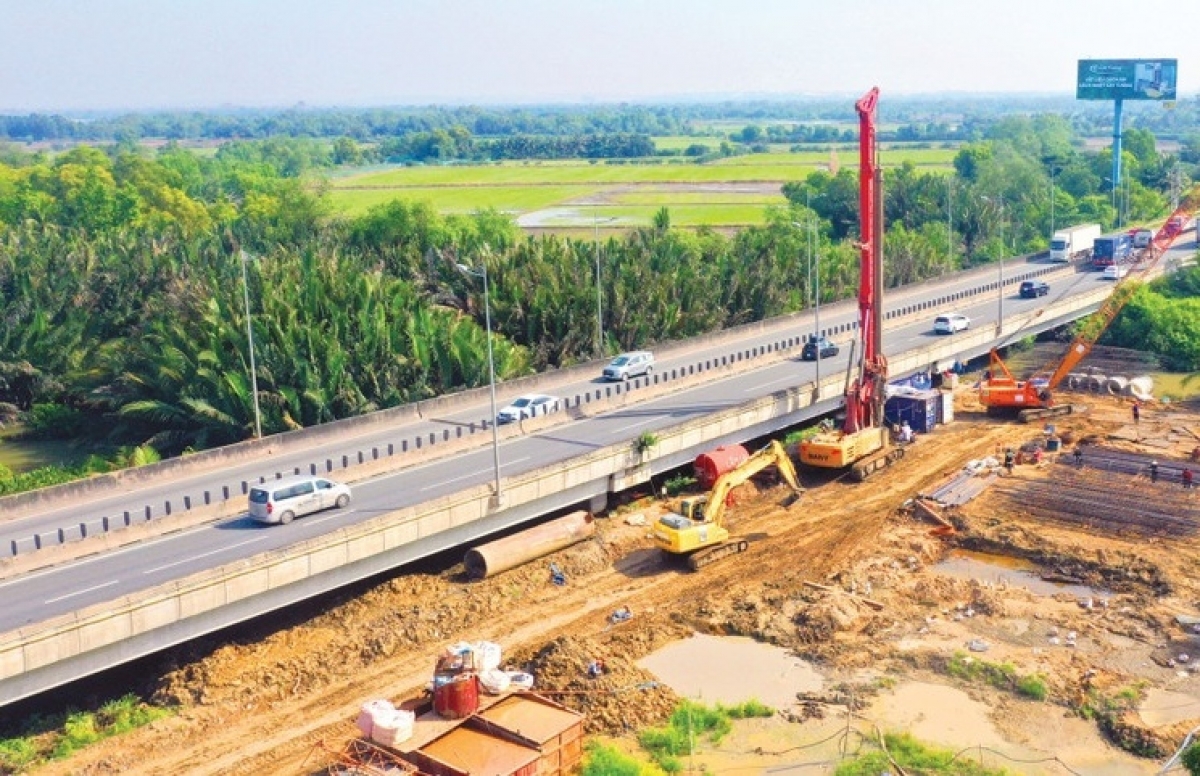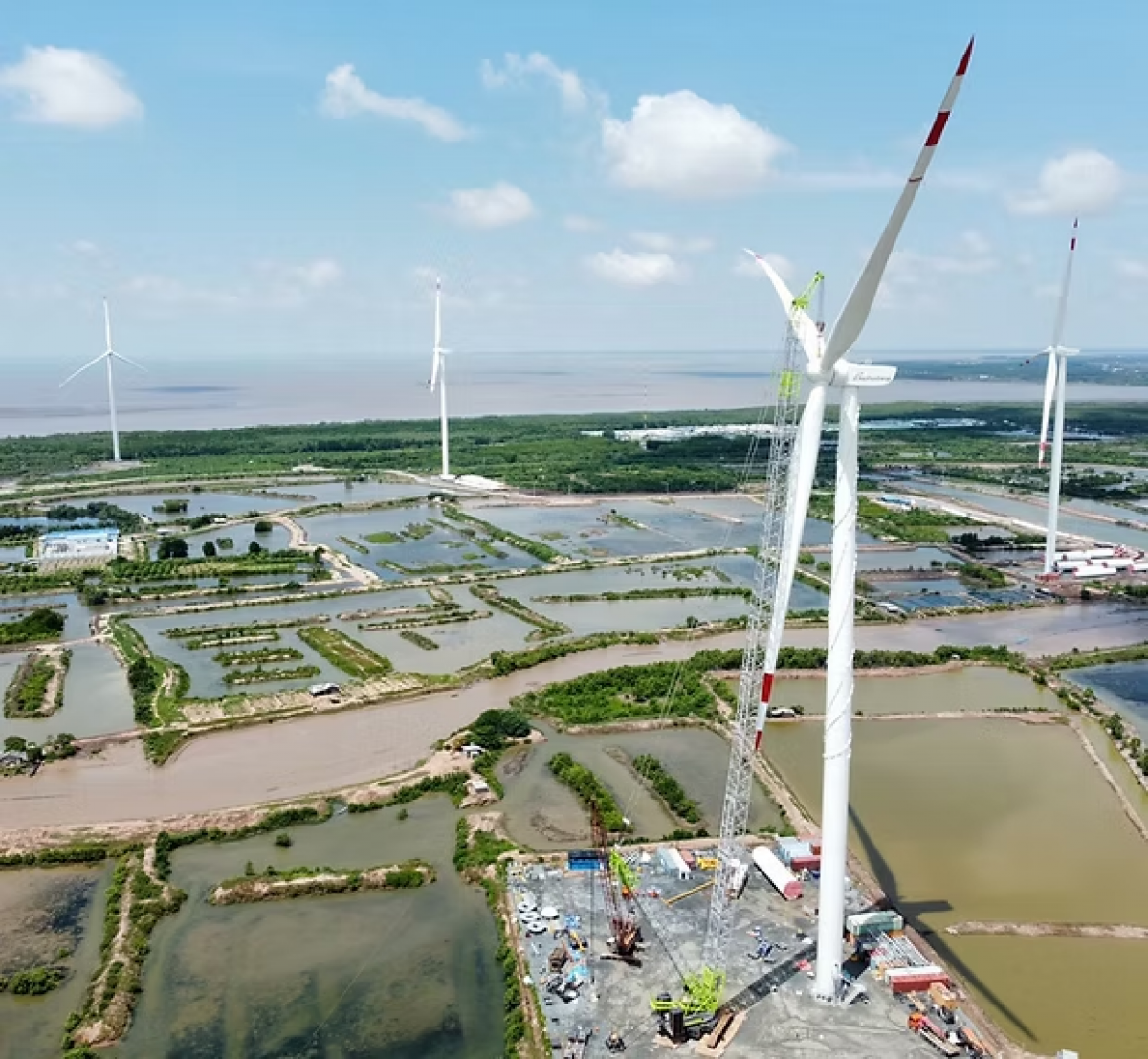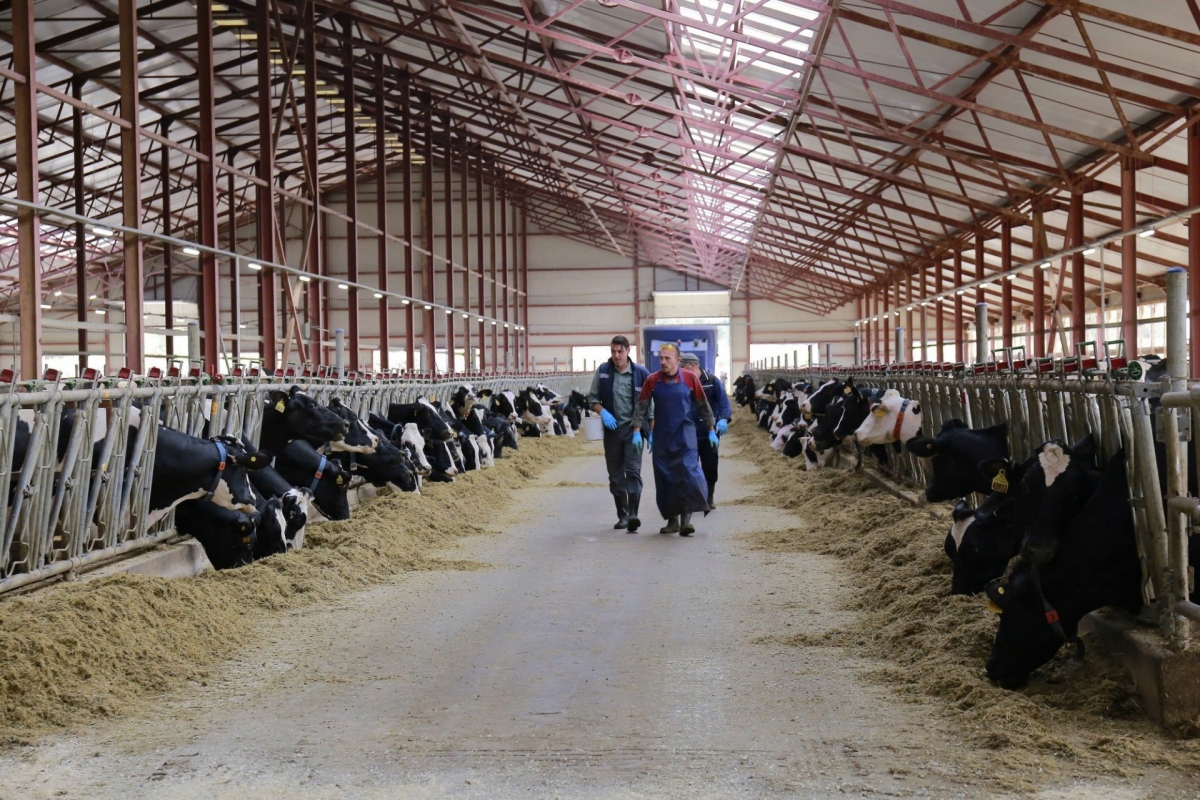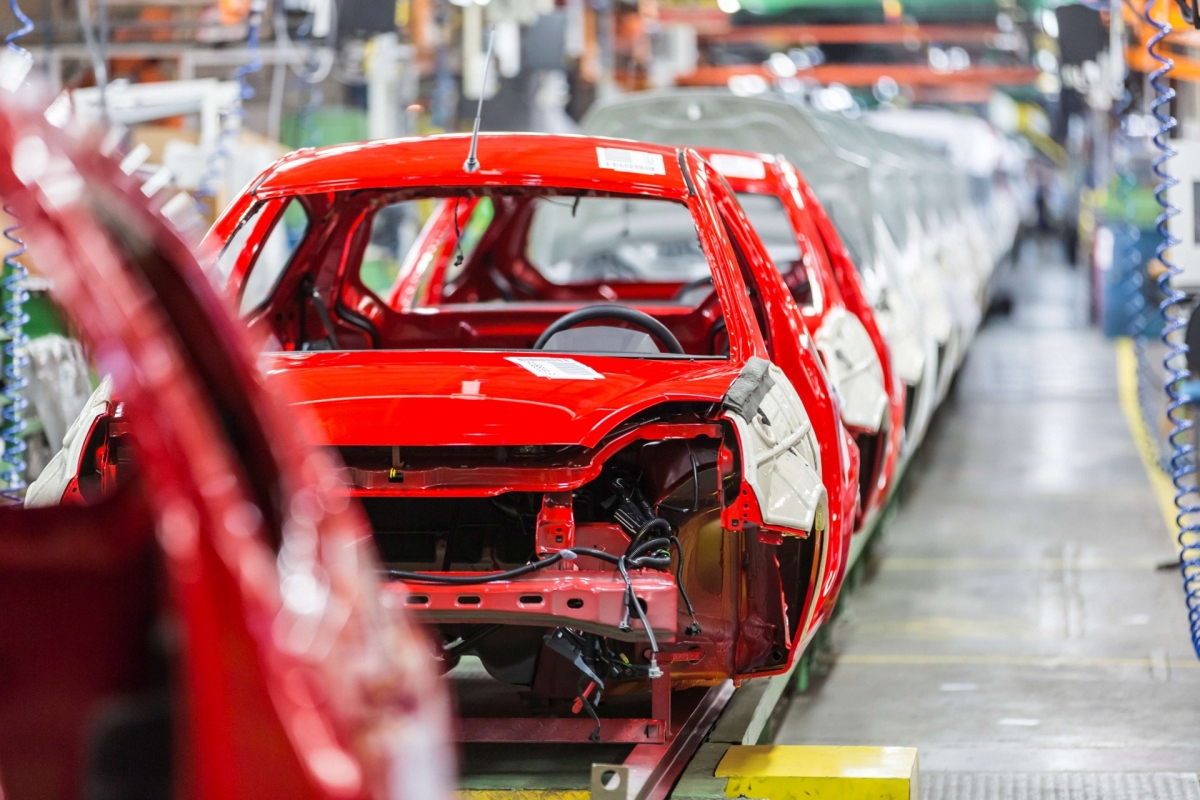INTERNATIONAL INVESTMENT
AND PORTAL
Vietnam’s sustainable development goals have been clearly outlined, and its leaders have committed to achieving net-zero emissions by 2050, demonstrating the country’s dedication to the international community.
Forecasts suggest that by 2025, Vietnam will emit approximately 64.3 million tonnes of CO2, increasing to 88.1 million tonnes by 2030. The transport sector is responsible for about 17.4 per cent of the country’s total emissions, with road transport accounting for 85 per cent, aviation 5 per cent, and the remainder from other segments.
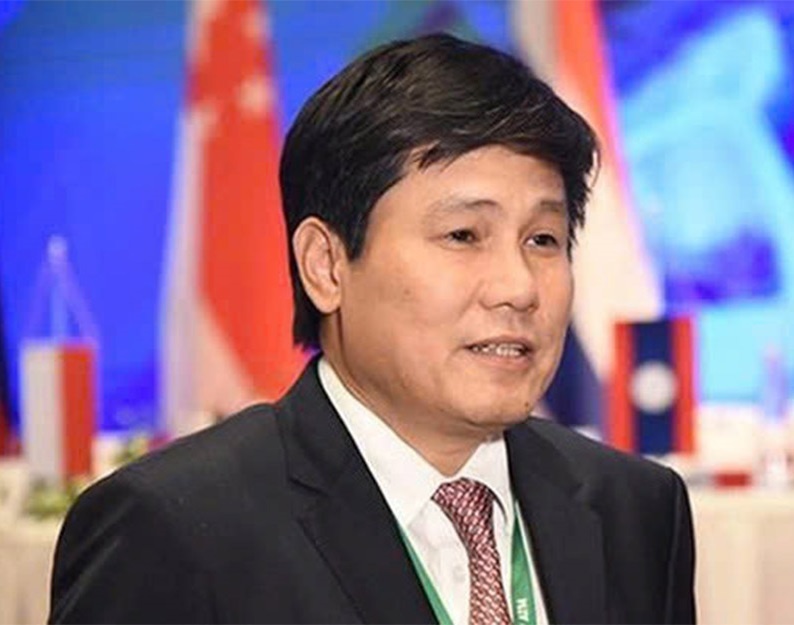 Dinh Viet Thang, director Civil Aviation Authority of Vietnam
Dinh Viet Thang, director Civil Aviation Authority of Vietnam
According to the International Civil Aviation Organization (ICAO), sustainable aviation fuel (SAF) is the most effective solution to achieve net-zero CO2 emissions in civil aviation. However, Vietnam currently lacks the technology, experience, and financial resources to produce and utilise SAF on a large scale.
The cost of SAF on the market is also significantly higher – up to six times more expensive than traditional Jet A1 fuel – while supply remains limited, meeting only 0.1 per cent of global demand.
In light of these challenges and opportunities, the Civil Aviation Authority of Vietnam (CAAV) and the aviation industry take great pride in the first SAF-powered flight organised by Vietjet Air and Petrolimex Aviation at a Vietnamese airport. This milestone underscores the commitment of Vietnamese airlines and industry stakeholders to overcoming challenges and supporting the use of SAF, contributing to the nation’s goals for environmental protection and sustainable development.
To fulfil Vietnam’s commitments, the concerted efforts of ministries, departments, agencies, and relevant units, both inside and outside the industry, are crucial. Ensuring alignment with these commitments will safeguard the legitimate interests of Vietnamese airlines.
Industry stakeholders must continue implementing key tasks, such as raising awareness of digital transformation linked to the sustainable development of aviation towards 2030. The focus should be on the application of scientific and technological advancements, the use of SAF to reduce greenhouse gas emissions, and improving aviation safety and security.
Vietnamese airlines, as well as fuel suppliers and producers, must regularly update their knowledge of international standards for SAF usage. The CAAV will coordinate and guide these efforts, ensuring that SAF use is aligned with flight safety and operations at airports, in line with Vietnamese laws and ICAO regulations.
Vietnamese airports must work closely with industry agencies and units to enhance awareness campaigns, providing clear communication to staff and passengers on environmental protection and sustainable development, particularly in relation to SAF use.
The CAAV remains proactive in supporting the Ministry of Transport and other relevant agencies in issuing policies and mechanisms that support the industry’s use of SAF, contributing to environmental protection, climate change response, and sustainable development. These efforts will help fulfil national commitments while ensuring long-term success for Vietnam’s aviation sector.
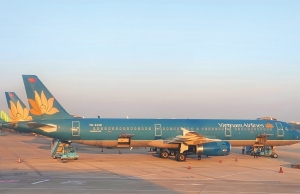 New era of sustainable fuel in aviation builds momentum
New era of sustainable fuel in aviation builds momentum
With the adoption of sustainable fuel for planes in Vietnam, new doors are opening up for both domestic and international suppliers.
By Viet Thang


